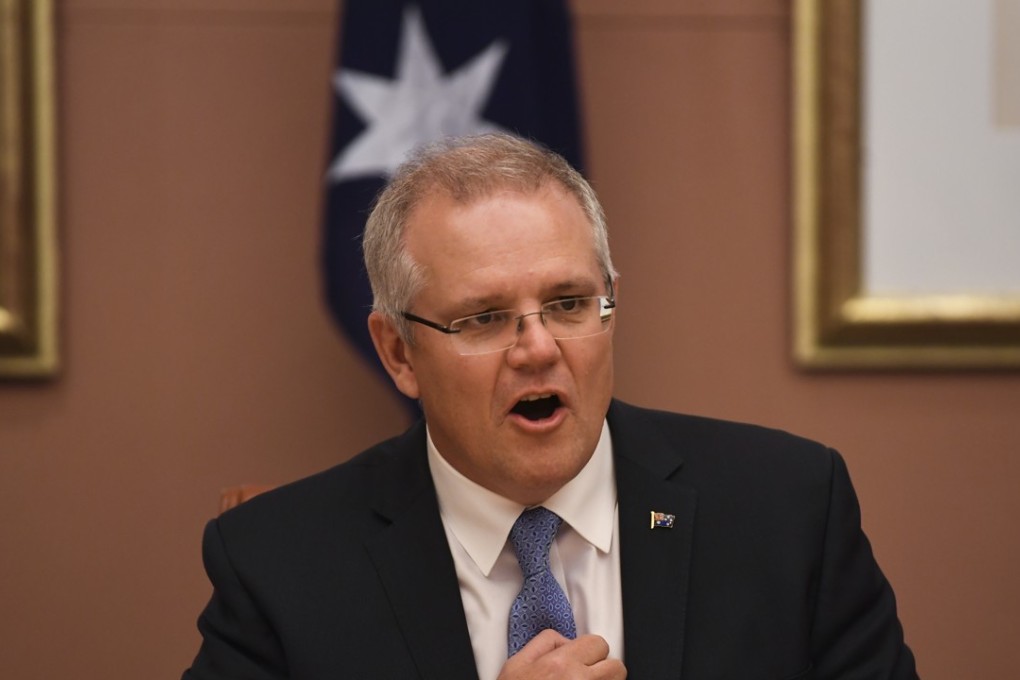Opinion | Australia should reverse its Huawei 5G ban
The ban was made under the pretext of protecting national security, yet there is no evidence that Huawei gear is insecure

The ban was made under the pretext of protecting national security, yet there is no evidence that Huawei gear is insecure. Because it is headquartered in China, Huawei has undergone more scrutiny than any other information and communications technology supplier in the world. In several markets, including the UK, its source code is reviewed by independent security experts. In the 31 years since its founding, no public evidence of wrongdoing has ever come to light. Canberra’s decision to ban the company was purely political.
Australian citizens will be paying for that decision for decades to come. 5G will form the basis of future broadband networks. By keeping a leading 5G provider out of its market, Australia has reduced the country’s supply of telecommunications infrastructure just as demand for 5G is starting to grow.
National security obviously takes precedence over download speeds. But if security is the goal, banning telecommunications equipment suppliers on the basis of geographic origin makes no sense. Today’s telecommunications industry is transnational and borderless. Threats can originate anywhere. Programmable code can be implanted virtually in hardware and software, allowing malicious actors to spy or launch a cyberattack. Unauthorised functionality can compromise the product of any company, anywhere in the world.